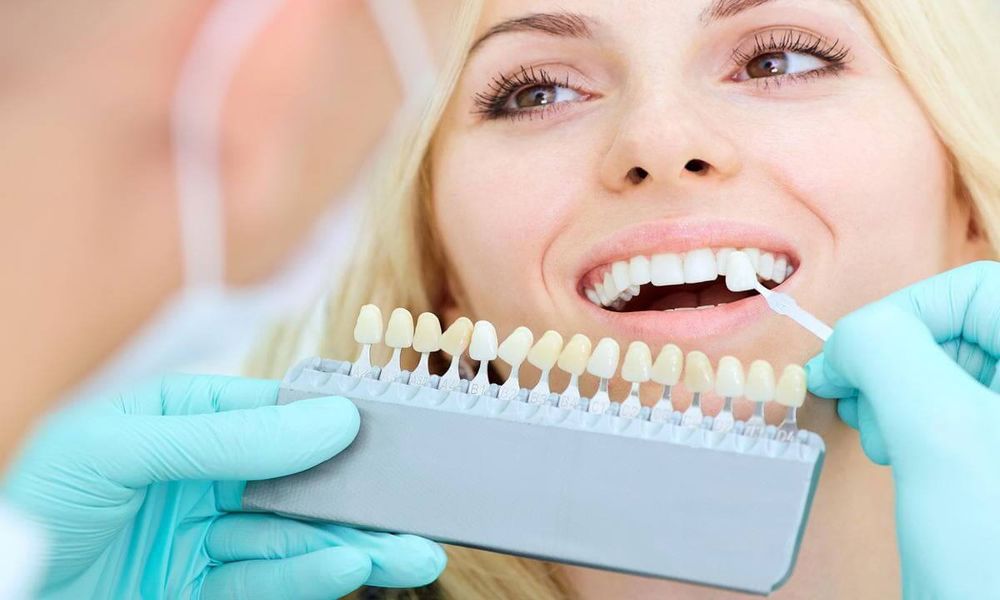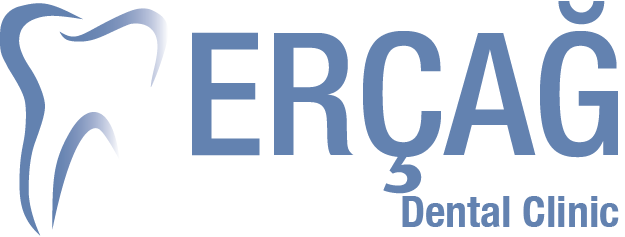
12 Eyl What Is Dental Prostheses?
Artificial devices used to restore missing or damaged teeth. These prosthetic solutions are designed to enhance oral function, aesthetics, and overall health. What is dental prostheses? Can range from removable appliances like dentures to fixed options.
Who Are Dental Prostheses Suitable For?
 Suitable for people who have missing or damaged teeth. They help restore both function and appearance. Those who have lost teeth due to injury, decay, or disease can benefit.
Suitable for people who have missing or damaged teeth. They help restore both function and appearance. Those who have lost teeth due to injury, decay, or disease can benefit.
People with one or more missing teeth often find it hard to eat or speak clearly. Dental prostheses, such as dentures, bridges, or implants, can solve this problem. They improve the ability to chew food properly, which is important for digestion.
Individuals who are concerned about the aesthetics of their smile also benefit. A complete smile can boost self-esteem and confidence. Prostheses provide a natural look, making the teeth appear real.
Also suitable for older adults who have lost teeth due to age. As people age, their teeth can become weak and more prone to damage. Replacing missing teeth with prostheses allows them to maintain their oral health.
In conclusion, good option for missing or damaged teeth. Whether the goal is to improve function, aesthetics, prostheses can help. They offer a reliable and effective solution for many individuals.
What Is Dental Prostheses And Adaptation
Artificial devices used to replace missing or damaged teeth. These can include dentures, bridges, or dental implants. Their purpose is to restore both the function and appearance of natural teeth.
Adaptation can take some time. At first, the mouth may feel uncomfortable or strange. This is normal, as the body needs time to adjust to the new devices. It can take several weeks to get used to eating and speaking with prostheses.
During the adaptation period, some individuals might experience soreness or irritation. It’s important to follow the dentist’s instructions to ensure proper healing and comfort. Regular check-ups can help adjust the fit if needed.
Eating with prostheses requires patience. Soft foods are usually recommended at first. As adaptation progresses, people can slowly reintroduce harder or more complex foods.
Proper care is crucial for successful adaptation. Cleaning the prostheses daily prevents infections and keeps the devices in good condition. Dental prostheses should also be kept moist when not in use to maintain their shape.
In conclusion, provide a functional and aesthetic solution for missing teeth. While adapting to them may take time, with proper care and patience. Most individuals can adjust well and enjoy a restored smile.
Dental Prostheses Application Process
 Application involves replacing missing or damaged teeth with artificial devices. These devices include dentures, bridges, or implants. The process aims to restore function and improve the appearance of a person’s smile.
Application involves replacing missing or damaged teeth with artificial devices. These devices include dentures, bridges, or implants. The process aims to restore function and improve the appearance of a person’s smile.
The first step in the application is an evaluation by a dentist. During this visit, the dentist assesses the patient’s oral health. X-rays may be taken to determine the condition of the remaining teeth and jawbone.
Once a treatment plan is decided, the dentist prepares the mouth. For removable prostheses like dentures the dentist makes impressions of the mouth. For fixed prostheses, surgery may be required to place metal posts into the jawbone.
The fitting process is crucial. It ensures that the prostheses feel comfortable and function properly. Adjustments may be needed to achieve a perfect fit. For dentures and bridges, this process usually takes a few visits to complete.
After the application, patients may need a period of adjustment. Eating and speaking with the new devices can feel strange at first. However, with time and practice, most individuals adapt to their new teeth. Proper care of prostheses is essential for their longevity. Patients should follow the dentist’s instructions for cleaning and maintenance.
In Summary, What is dental prostheses application? Personalized process that restores the function and look of natural teeth. It improves both oral health and quality of life.
